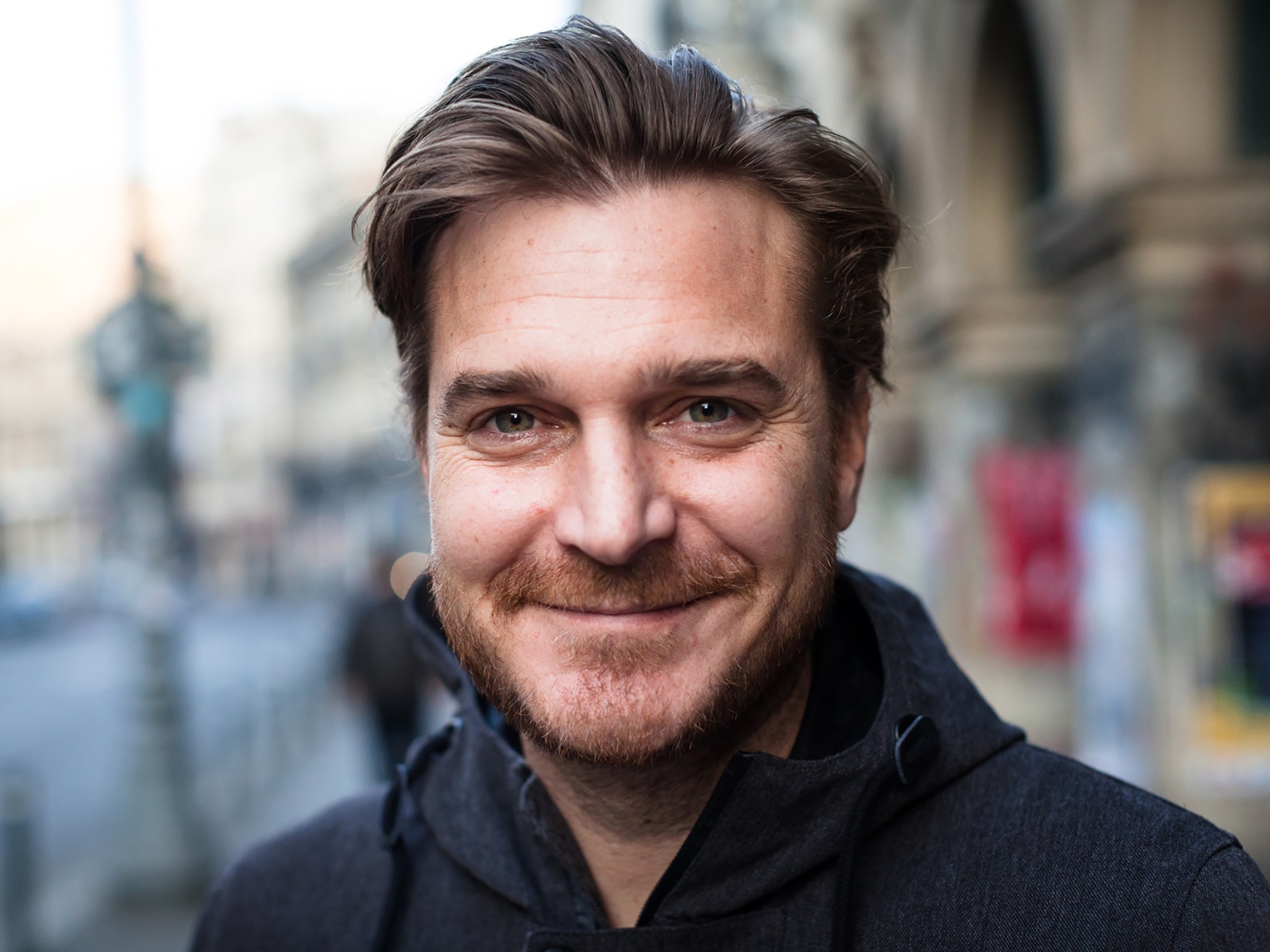
- Interviews
Docs: “The Killing of a Journalist” – Interview with director Matt Sarnecki
The Killing of a Journalist is director Matt Sarnecki’s second documentary focusing on the murder of a journalist investigating corruption. It premieres May 1, 2022, at the Hot Docs International Documentary Film Festival and probes the 2018 murder of Slovakian journalist Ján Kuciak and his girlfriend, Martina Kušnírová. Their execution-style deaths sparked the biggest protests in Slovakia since the fall of communism, and the investigation eventually led to the resignation of Prime Minister Robert Fico and uncovered corruption at the highest level in the country.
The Los Angeles native with a B.A. and Master’s in journalism moved to Bucharest, Romania in 2013 to join the global nonprofit journalism outlet, the Organized Crime and Corruption Reporting Project (OCCRP). He investigated the 2016 car bomb murder of Russian Ukrainian journalist, Pavel Sheremet, in his 2017 award-winning documentary, Killing Pavel, and we spoke to him on Zoom at his home in Bucharest where he’s working on other projects he’s reluctant to reveal at this stage.
How did you get into the kind of work you’re doing?
I went to Romania in the Peace Corps and developed the language skills first. Then, when I finished my graduate degree in America, I had a teacher from Bulgaria who suggested I meet this other guy from Romania doing his fellowship at Stanford who had an organization that covered organized crime. We clicked and when he asked me where I wanted to be based, between Sarajevo or Bucharest, I already spoke Romanian, so it was an easy choice. I thought it would be for a year or two, but I have a passion and this is my beat now, organized crime and corruption.
How did you get involved in making this documentary?
Because of my previous documentary on Pavel, I had a lot of experience with forensic analysis of CCTV footage, and some journalists invited me to the village where Ján was murdered a week later, because no one trusted the police to get the surveillance video. The police wouldn’t let us have access to the video and the story had fallen off a cliff, until sometime later I heard from journalist Pavla Holcová, who had worked with Ján and received leaked contents of the secret murder case file she and her team of journalists shared with me. It’s a never-before-seen blueprint of how corruption works, and a testament to the power of journalism, showing how oligarchs, politicians, police, and judges ran a completely corrupted state.
What kind of access did you have?
The police file was 70 terabytes, and no one really knew what was inside of it so, for the first four months, I hired a producer to sit next to me and we went through the whole thing and took notes and organized everything to understand what we had. Both the families of Ján and Martina were involved and gave us their blessings, so we also went through their computers and phones to see what we could find.
Why did you include one haunting image of leaked surveillance footage twice – capturing Ján and Martina returning to their car with a shopping cart full of groceries shortly before their murders?
We didn’t have a lot of video footage of them alive and the surveillance footage, by being so normal and banal, just felt so tragic. It’s compelling because when we come back to it a second time near the end of the film, it has more of an emotional edge to it because they were so innocent, and you understand the weight of the tragedy.
What is the role of OCCRP?
It’s basically a collection of all these different investigative centers around the world, starting out in Central and Eastern Europe and now in Africa and Latin America. The original idea was that organized crime and corruption was moving across borders and there was no cooperation between journalists, which was the same problem that police have. We were part of the Panama papers, the Paradise papers and all those major leaks.
There is some irony in you making two documentaries about murdered journalists, given the risky work you do. Does it weigh on your mind?
I always tell my parents when my mother is worried, “I’m maybe like tenth in line.” With projects like this, I’m not doing the dirty work so if someone really wants to kill the story, they’re going to go after Pavla or someone like that. I’m not in the direct line of fire but I will say I’m definitely not interested in making another film about a murdered journalist. Not because of that, but because emotionally it’s just too tough to go through again.
Are you hoping the film festival premiere will raise the profile of your work?
No one really knows. I’d like to think people will want to hear a story about the fragility of democracy and the importance of journalism, but Slovakia is a small country and not likely to make headlines. I’m not arrogant enough to think I’m finishing Ján’s work; the journalists in my film did that, but I do hope I can show how important his story is to the world.

